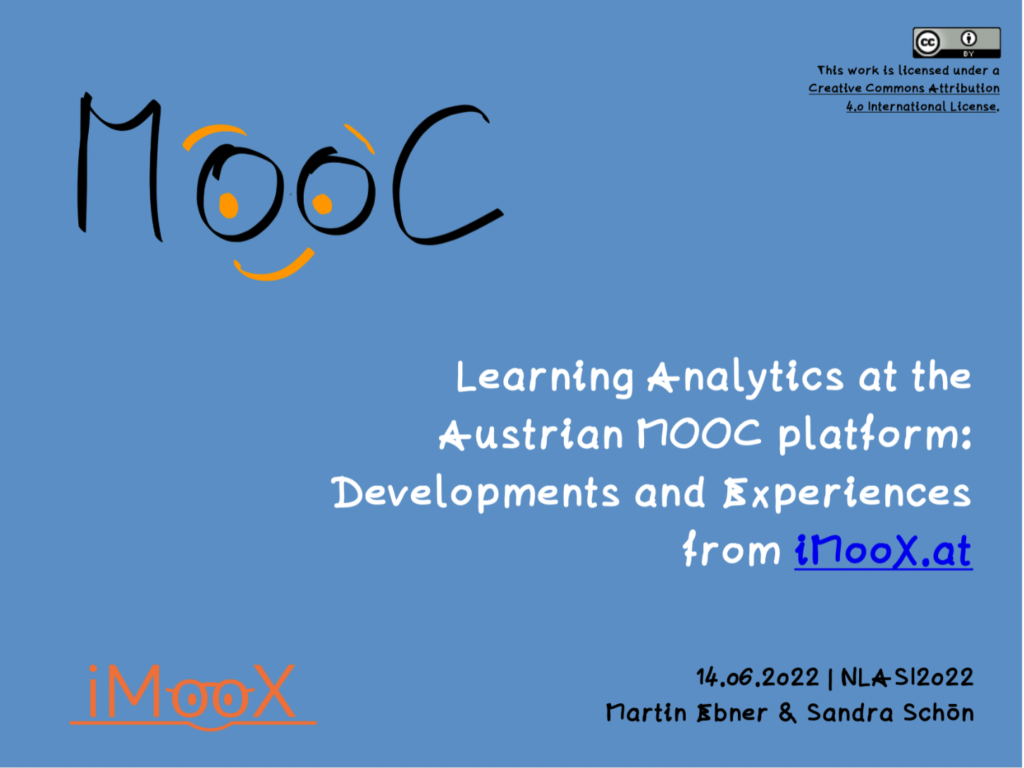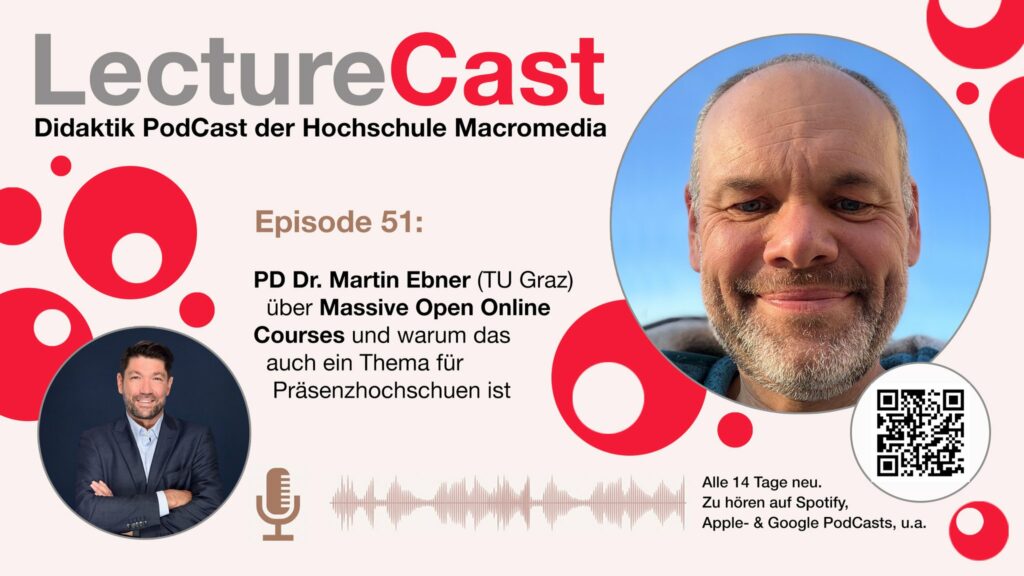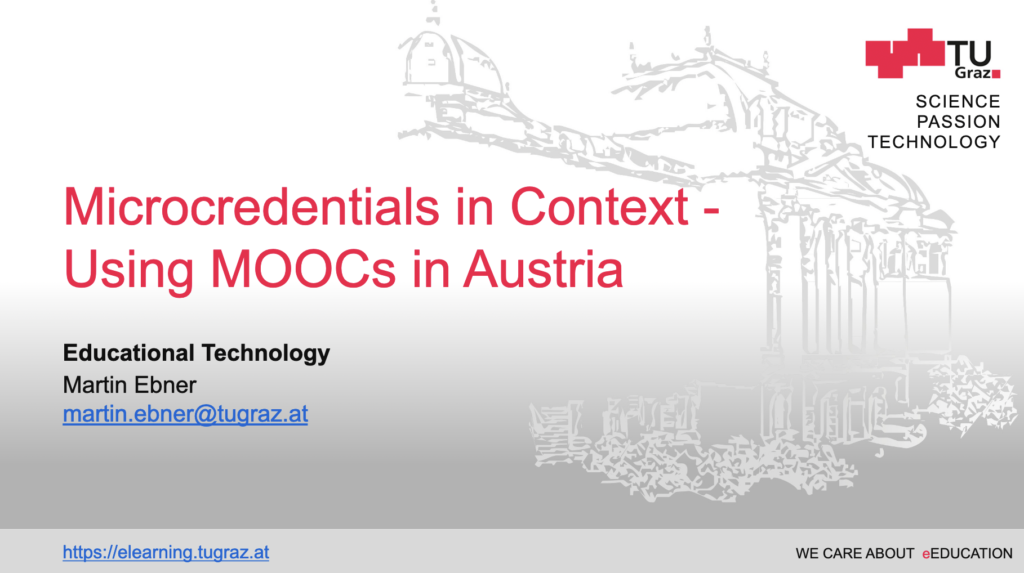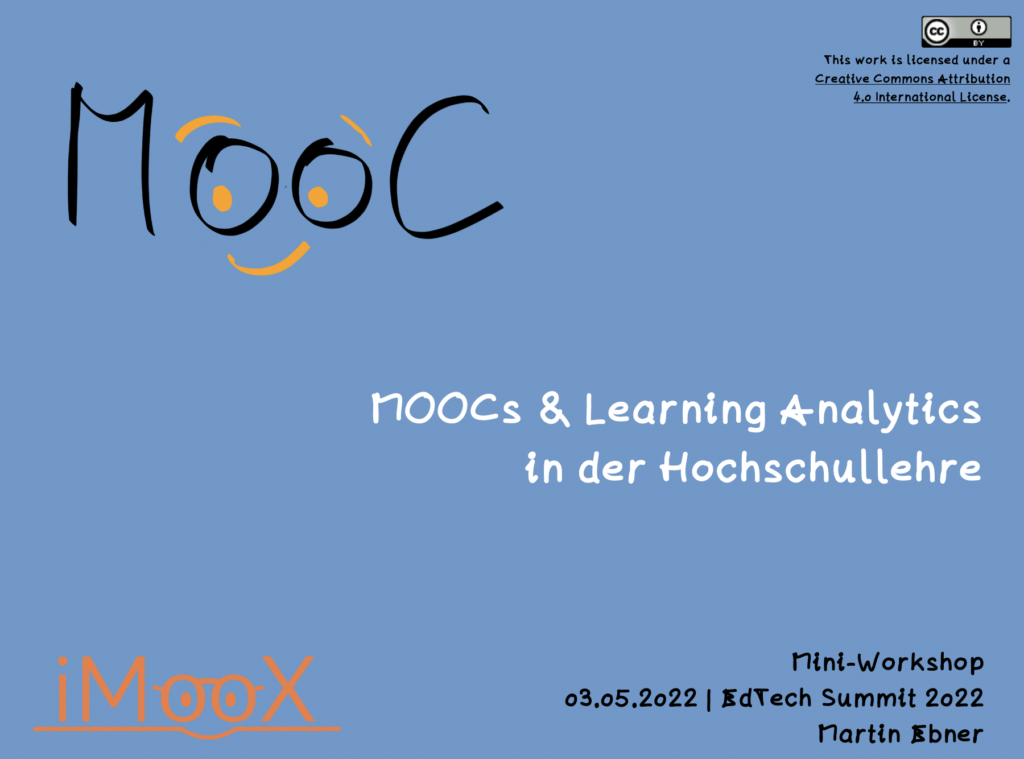Our chapter for the HCII conference 2022 about „Evaluation of Mixed Reality Technologies in Remote Teaching“ got published.
Abstract:
The trend towards remote teaching is steadily increasing and intensified by the current situation of the global pandemic. This is a particular challenge for subjects with a high practical relevance, such as mining engineering education, as practical experiences and on-site excursions are an integral part of the curriculum. In face-to-face teaching settings, mixed reality technologies are already considered a promising medium for the implementation of e.g., virtual field trips. Based on this, the current study addresses the question to what extent the integration of mixed reality technologies is suitable for remote teaching and which strengths and challenges are perceived by students and teachers. For this purpose, two 60-min remote lectures in the field of mining engineering were conducted, in which the use of mixed reality was tested on the basis of shared 360° experiences and 3D models and evaluated by students and teachers. Results reveal that the use of mixed reality in remote teaching was perceived as useful, enabled a realistic experience and improved students’ understanding of presented theory compared to traditional teaching methods. In this paper, we discuss possible potentials and risks of using mixed reality in remote teaching and derive directions for further research.
[full article @ book’s homepage]
[draft @ ResearchGate]
Reference: Daling, L.M., Khoadei, S., Kalkofen, D., Thurner, S., Sieger, J., Shepel, T., Abdelrazeq, A., Ebner, Markus, Ebner, Martin & Isenhardt, I (2022). Evaluation of Mixed Reality Technologies in Remote Teaching. In: Zaphiris, P., Ioannou, A. (eds) Learning and Collaboration Technologies. Novel Technological Environments. HCII 2022. Lecture Notes in Computer Science, vol 13329. Springer, Cham. https://doi.org/10.1007/978-3-031-05675-8_3




